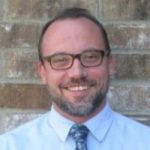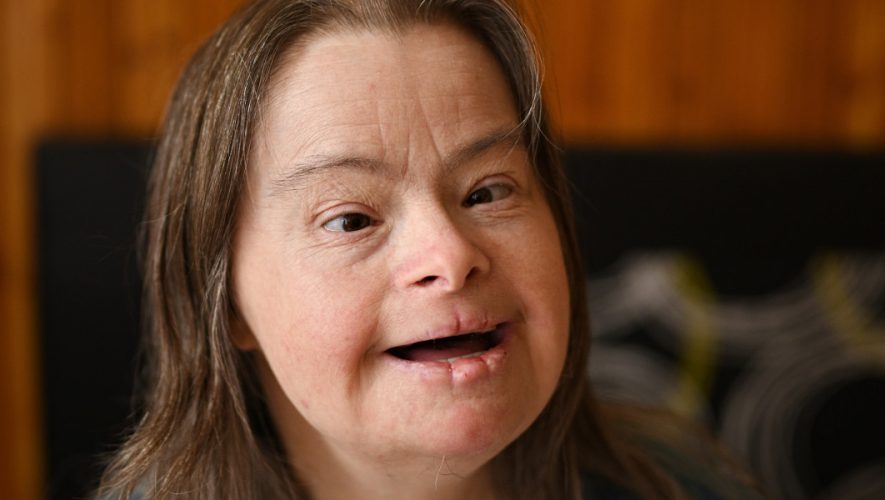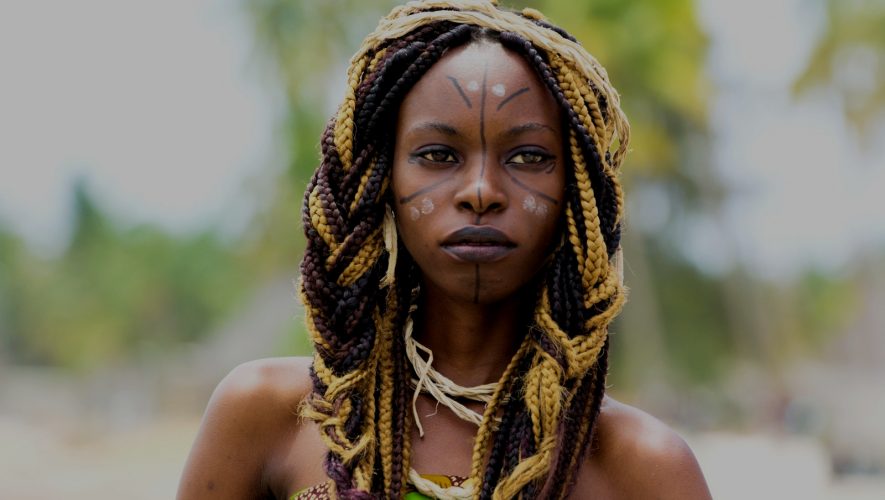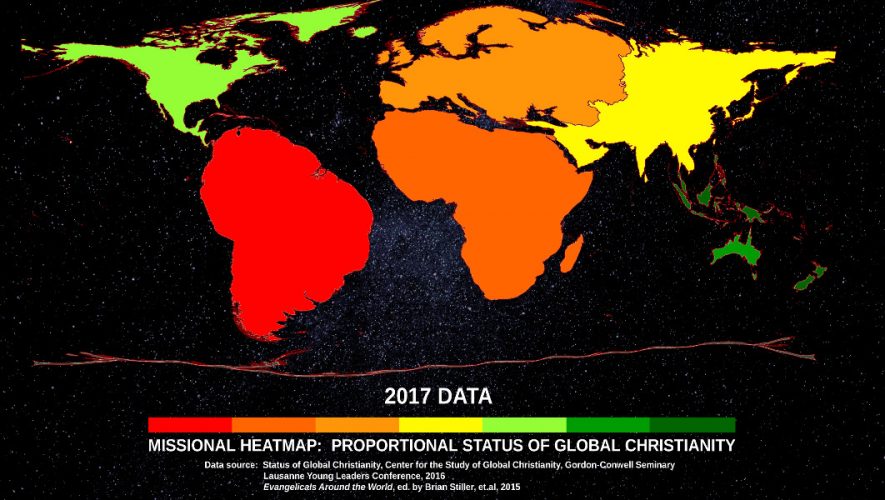Recently Dr. Wes Cohoon successfully defended his doctoral project on “A Relationship-based Spiritual Formation Model for Adults with Intellectual Disabilities.” The project came about from his work as a chaplain with adults who have intellectual disabilities. He summarizes the issues:
Church leaders in a recent Barna Research Group Survey overwhelmingly linked spiritual disciplines with the following intellectual approaches: personal Bible study, small group Bible study, conversations with a mature Christian about discipleship, teaching the Bible in a weekly service, one-on-one study with a mature Christian, memorizing Scripture, reading Christian publications, and listening to Christian media and sermons. This post-Enlightenment worldview of well-intentioned Christians neglects other methods of spiritual formation. The underlying assumption is that the more one knows (about the Bible, Jesus, God, and so forth), the more spiritual one is.
Churches, organizations, clergy, and laity are not equipped to facilitate the spiritual formation of those with mental impairments. For instance, less than half of individuals with intellectual disabilities attend a religious service or engage in a spiritual practice at least once a month. Currently, very few resources establish a spiritual formation plan with a focus on promoting a reciprocal and equal relationships for adults who have cognitive disabilities. Ministers have an opportunity to connect those with intellectual disabilities in a relationship with both God and others in the community of faith. How then does a person with an intellectual disability fit into an Evangelical culture of faith? Reaching out is a strength of the Evangelical tradition, but an entire segment of the U.S. population remains underserved and unreached. For the Body of Christ to develop, the people of God should engage in mutual responsiveness, which entails relationships in which all parties involved give and receive. The universal church needs the resources to reach, journey alongside, and grow to maturity together with individuals who have intellectual disabilities.
 Dr. Wes Cohoon serves as Professor of Pastoral Care, Healthcare Chaplaincy Specialist in the Department of Pastoral Care & Chaplaincy in the School of Community Ministry at Missional University. His academic credentials include a B.S. in Religion, Liberty University and a M.Div. from Liberty Theological Seminary (USA); and a D.Min. from Logsdon Seminary, Hardin-Simmons University (USA). His experience includes serving as Director of Chaplaincy Services for DSSLC, Texas Department of Aging and Disability Services, Denton, TX (USA).
Dr. Wes Cohoon serves as Professor of Pastoral Care, Healthcare Chaplaincy Specialist in the Department of Pastoral Care & Chaplaincy in the School of Community Ministry at Missional University. His academic credentials include a B.S. in Religion, Liberty University and a M.Div. from Liberty Theological Seminary (USA); and a D.Min. from Logsdon Seminary, Hardin-Simmons University (USA). His experience includes serving as Director of Chaplaincy Services for DSSLC, Texas Department of Aging and Disability Services, Denton, TX (USA).


